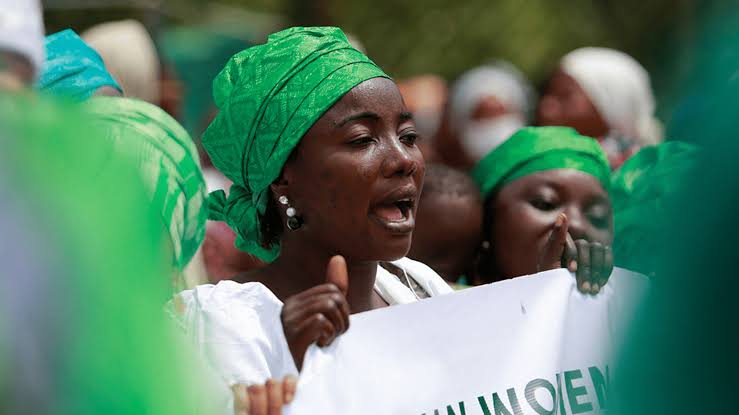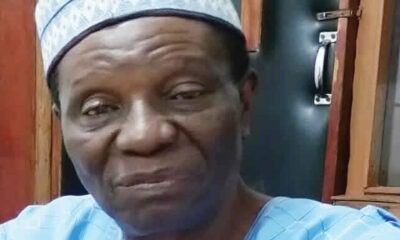Global Issues
The Impact of Gender Inequality on Women’s Empowerment in Nigeria -By Oyinade Adedayo
Nigeria’s political landscape is dominated by men, with women significantly underrepresented in leadership positions. This lack of political representation means women’s voices and interests are often excluded from decision-making processes, perpetuating gender-blind policies and programs.

Introduction
Nigeria, like many other countries, struggles with the persistent issue of gender inequality, which significantly hinders women’s empowerment. Despite the progress made in recent years, women in Nigeria continue to face various forms of discrimination, marginalization, and exclusion from economic, political, and social opportunities. This article explores the impact of gender inequality on women’s empowerment in Nigeria, examining the cultural, economic, and political factors that perpetuate gender-based disparities and discussing potential solutions to address this pressing issue.
Cultural Factors
Nigeria’s patriarchal culture is a significant obstacle to women’s empowerment. Traditional gender roles and stereotypes limit women’s opportunities and expectations, confining them to domestic spheres and reinforcing their subordinate status. For instance, women are often expected to prioritize marriage and childbearing over education and career advancement. Moreover, harmful practices like female genital mutilation (FGM) and widowhood rites perpetuate gender-based violence and discrimination.
Economic Factors
Gender inequality in Nigeria’s economy is stark. Women face significant barriers to education, employment, and entrepreneurship, restricting their access to resources, credit, and markets. The gender pay gap persists, with women earning significantly less than men for the same work. Furthermore, women are disproportionately represented in the informal sector, lacking social protection and labor rights. These economic disparities limit women’s financial autonomy, exacerbating their vulnerability to poverty and dependence.
Political Factors
Nigeria’s political landscape is dominated by men, with women significantly underrepresented in leadership positions. This lack of political representation means women’s voices and interests are often excluded from decision-making processes, perpetuating gender-blind policies and programs. Moreover, women face discrimination and violence in political spaces, discouraging their participation and leadership.
Impact on Women’s Empowerment
The cumulative effect of these cultural, economic, and political factors is a significant hindrance to women’s empowerment in Nigeria. Women’s agency, autonomy, and self-determination are compromised, limiting their ability to make choices, pursue opportunities, and reach their full potential. Gender inequality also has far-reaching consequences for Nigeria’s development, as women’s contributions to economic growth, political stability, and social progress are marginalized and undervalued.










